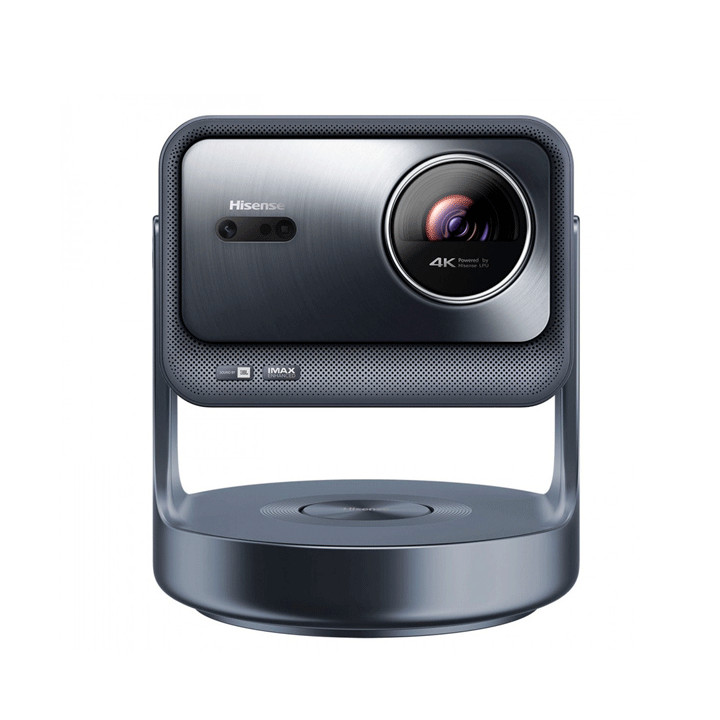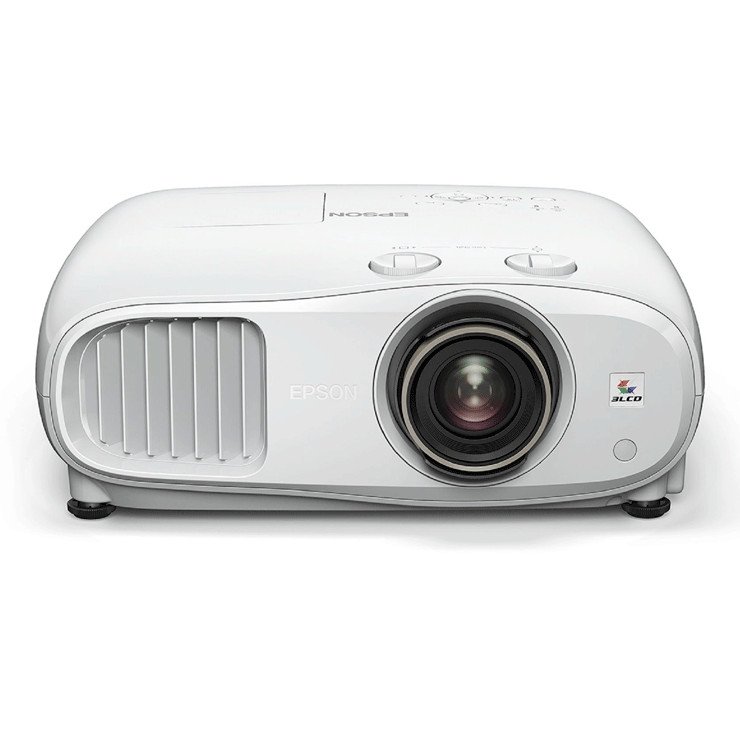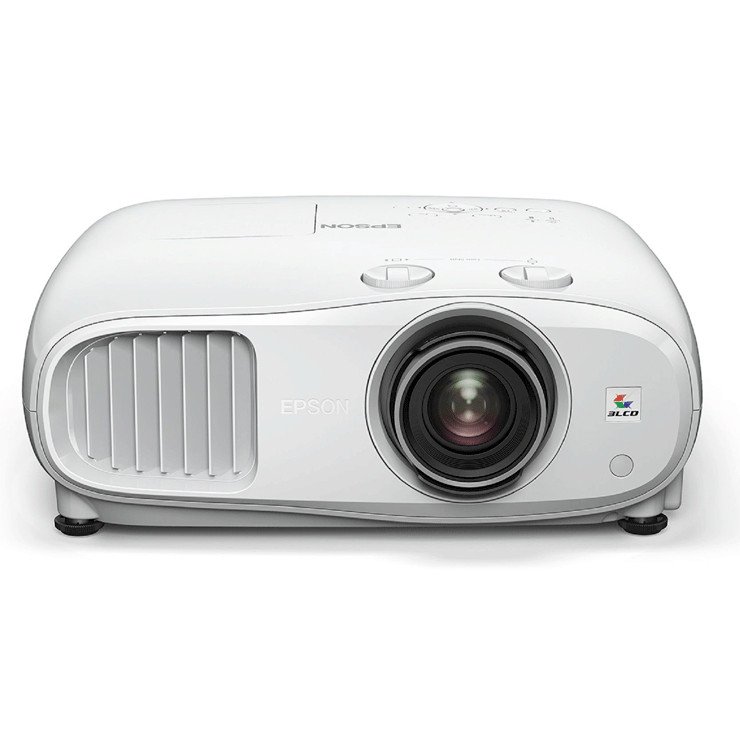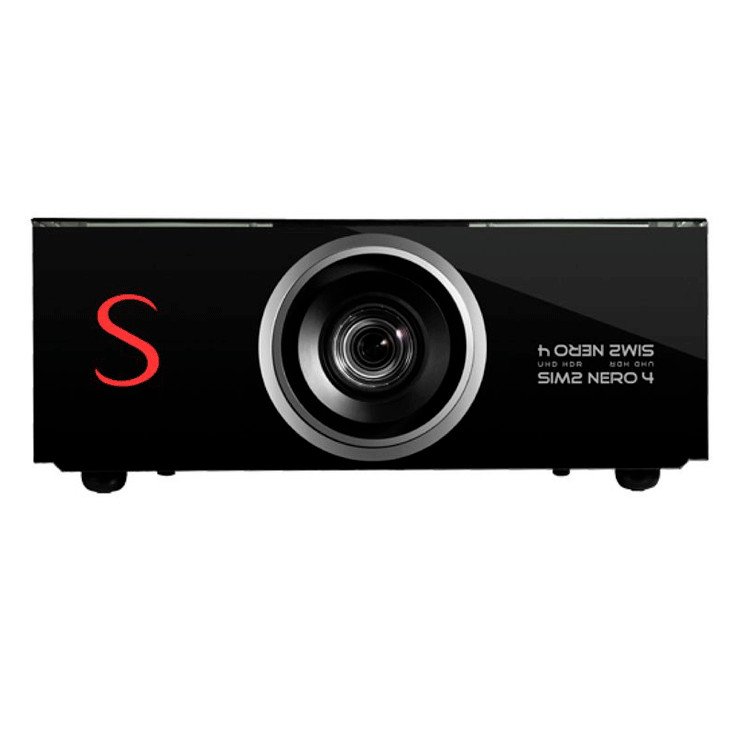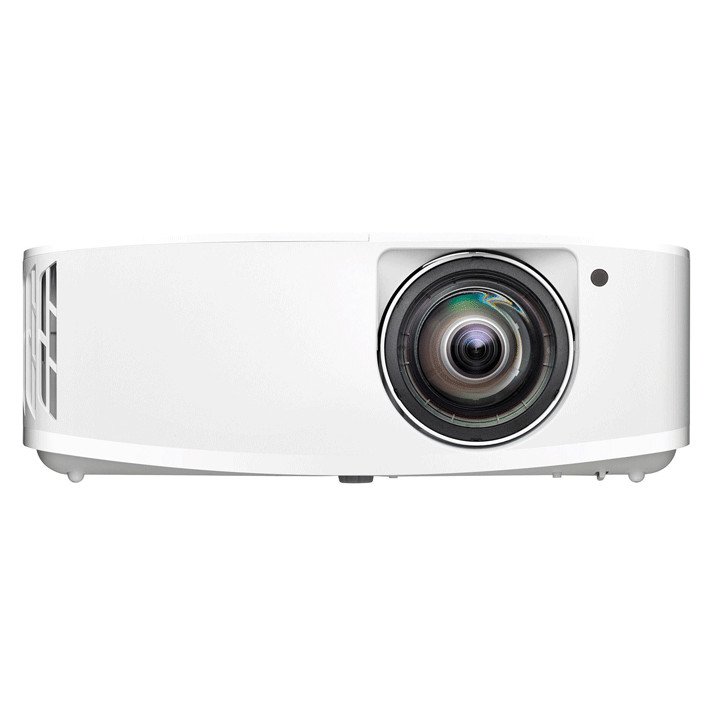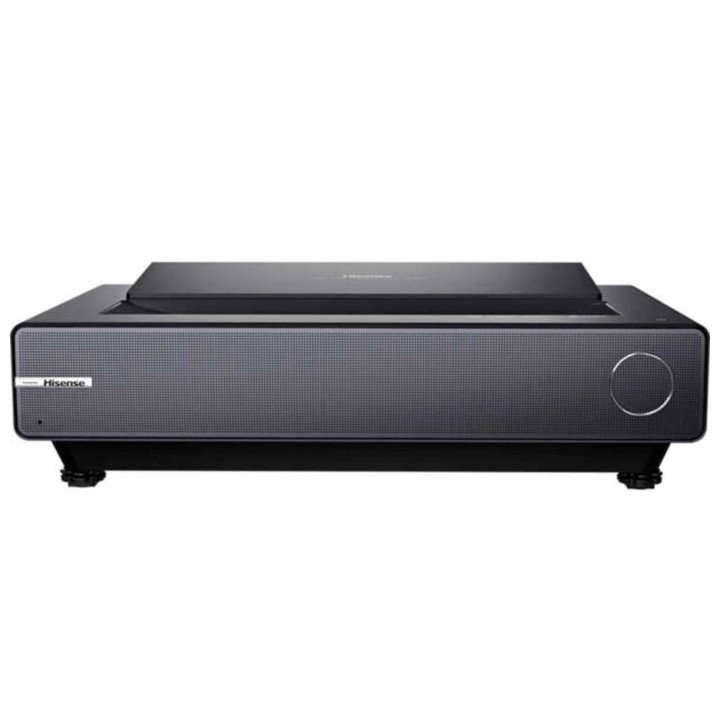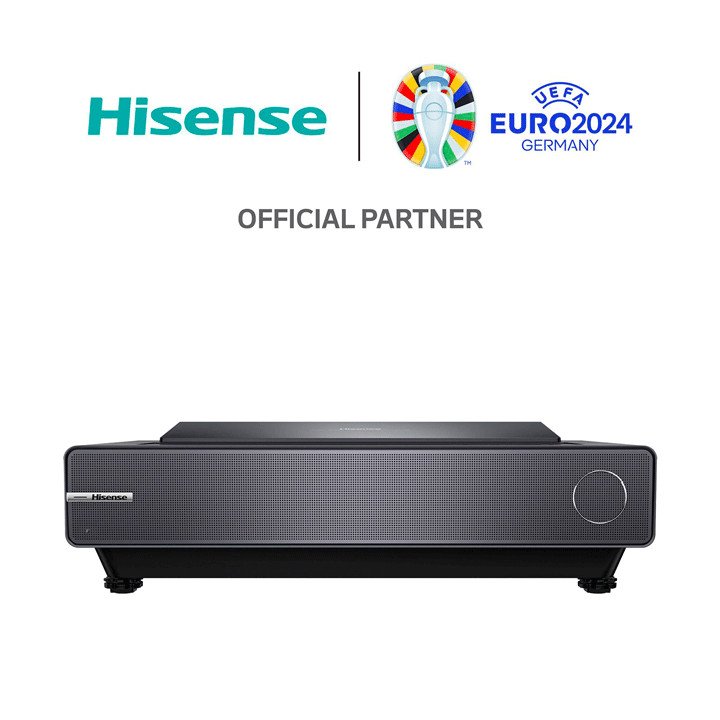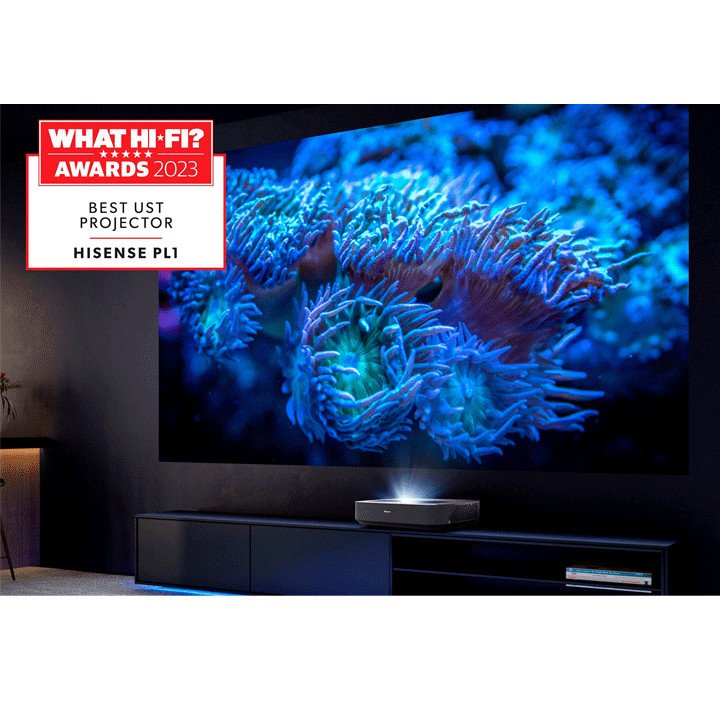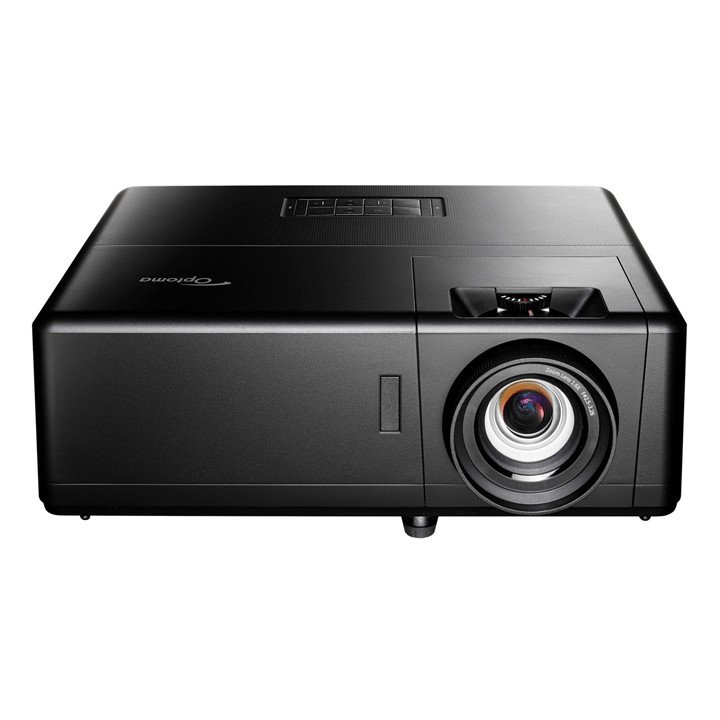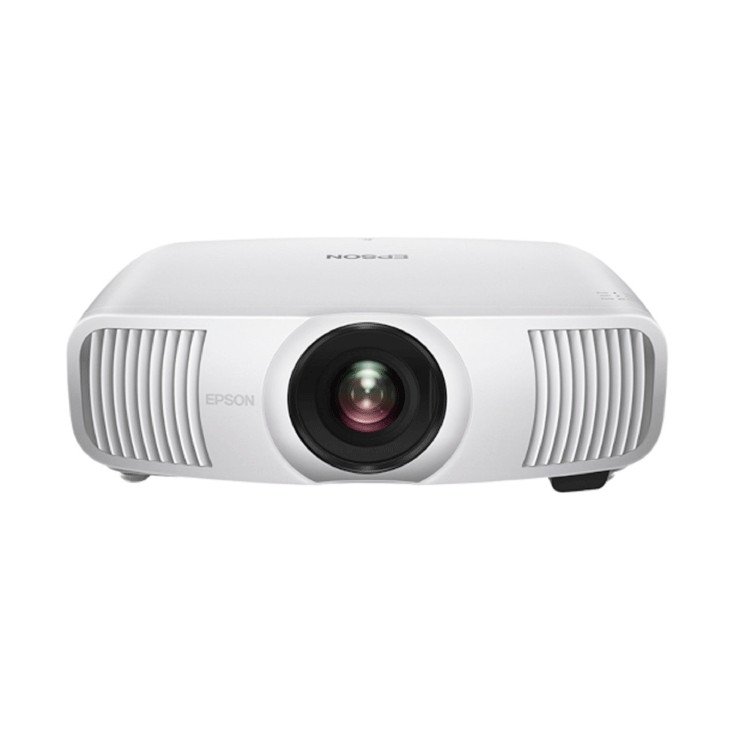Projectors

Picking the ideal Projector for your system.
Are you looking for a projector primarily for watching movies or sports, or playing games?
If looking for a Movie Projector, you need at least a full HD projector that is able to reproduce all or most of the Rec 709 colour gamut that’s used for HDTV and home video releases.
For sources with 4K output, look for a projector with a 4K resolution and support for high dynamic range video, such as the JVC-DLA or SONY Native 4K Projectors.
If you love your sports and gaming, it’s ideal to get a full or 4K HD model that’s very bright (2,500 lumens or more) and has a 120 Hz refresh rate, which results in less motion blur in fast-moving images.
Gamers should look for a projector that offers very low input lag, which means less time between when something happens in the game and when you see it on your screen. Many home entertainment projectors now include a game mode with lower input lag; we recommend that the lag amount be 16ms or less.
Portable mini projectors are great to take with you to an event or friend’s house but lack the intensity of a dedicated Projector.
What type of room will you use the projector in?
Do you have a dedicated home cinema room? Or does this room have multiple uses?
Do you want to create a truly cinematic big-screen experience and see all the finest details in your favourite dark, moody thriller? If so, it may be worth paying more to get a higher-end home theatre projector that can deliver an image with truly deep, dark black levels and an especially high contrast ratio that results in a richer, more engaging picture.
These projectors often use higher-quality lens systems that allow for better contrast and crisper images, but they’re also bigger and heavier—so you’ll likely want to place them permanently in a projector mount attached to the wall or ceiling, as opposed to setting them on a table or shelf.
Other aspects to consider is the size of your room. Traditional projectors need a lot of space to cast a large image. Generally speaking, to cast a 100-inch image, you need at least 100 inches between the projector and screen. For a small room, you may need a projector with a short-throw lens, which allows it to cast a larger image from a shorter distance.
How big a screen do you need?
The bigger the screen size, the more light output your projector needs to produce a well-saturated image. A projector’s brightness capability is usually listed in ANSI lumens, but keep in mind that manufacturers stated light specs can be misleading; in real-world use, projectors usually put out a lot less light, at least in the more accurate picture modes. We recommend at least 1,000 ANSI lumens for a 100-inch screen, which means to be safe you should look for a projector with a stated light output of around 2,000 lumens. (If we’re talking about a dedicated theatre room projector, you can get away with a slightly lower number because you’ll probably be keeping the room completely dark.)
The choice of screen material makes a big difference as well. Different materials have a different screen gain, which is the amount of light that the material reflects back at you. A 1.0-gain screen reflects back the same amount of light as a standard whiteboard. Higher gains reflect more light and can help make your projector-and-screen combo seem a little brighter, while lower gains reflect less light and can help improve black-level performance.

